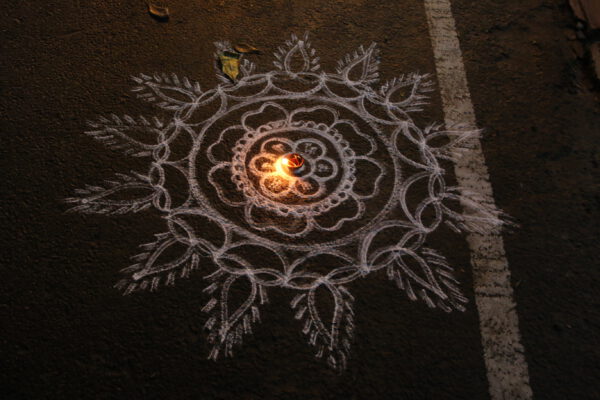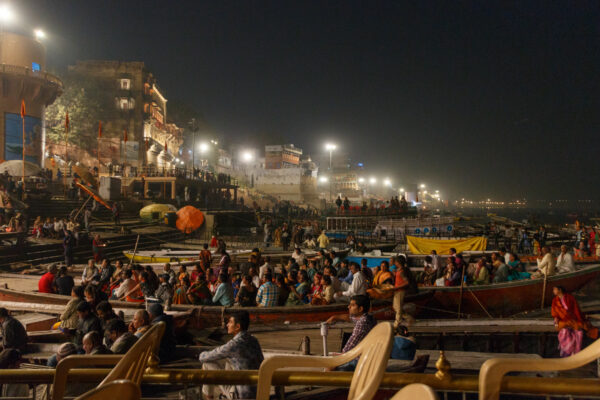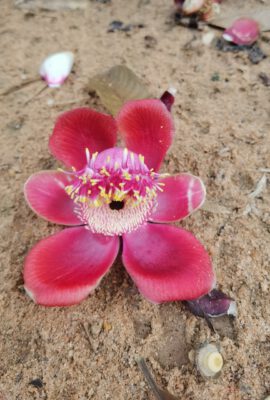Ialways had a stomach ache with an atomistic world view. We learn at school that the smallest components of the universe are atoms. Now physics has moved on and we are talking about protons, electrons, positrons, quarks and strings etc. ... ... But at its core, the idea remains the same: the world is made up of the smallest pieces of matter. This is such a widespread idea that few people doubt it, i.e. doubt the exclusivity of this world view. I expressly do not want to question physics, chemistry or other natural sciences. I just want to ask why we have accepted for ourselves that this science has the last word on ultimate questions.
Of course, there is always a counter-narrative. Panta rhei is what Heraclitus, a contemporary of Plato, called a principle of eternal flow. We cannot step into the same river twice, everything is in flux, i.e. everything is constantly changing, there is no fixed structure to the world. We cannot break it down into its individual parts. The universe is a process. Our lives are constantly changing, and I don't just mean the fact that we are getting older every second. If there is one thing that has always existed, it is change.
Paradoxes
What drives the world? What drives us? Henri Bergson spoke of Elan Vital, a vital momentum, a force that drives all life. Bergson dealt with Zeno's paradoxes, e.g. the tortoise, which cannot be overtaken by the fastest runner of antiquity - Achilles - in a scientific description. The idea is that if the tortoise gets a head start because it is slower, then by the time Achilles has arrived where he started, he has already run a little further. Achilles now needs some more time to get there and so on... Achilles gets closer and closer to the tortoise, but never overtakes it. Mathematically, this is a correct theory. But it is not the case that Achilles never overtakes the tortoise. This riddle was also formulated at the time of Plato and Heracles. Great mathematicians are still biting their teeth on it today. Why does our scientific description not fit reality?
Because we think in fixed units instead of perceiving the process. Panta rhei, Elan Vital. I realized here why I had a stomach ache with the atomistic model. We dissect cadavers to understand life. Science (Scienzia) is a technique of dissecting, of dividing. It is reductionist in nature and explicitly not holistic. But why do we allow such a specialized technique as science to dominate our world view, our self-image and our creation of meaning? Just because science is excellent at what it does does not mean that it can do everything.
Process and awareness
I talked about processes for many years. I had a question ... It wasn't so clear to me myself, so it wasn't surprising that many of the people I discussed it with ended up being confused at best. After all, my hobbyhorse was the philosophy of consciousness and art theory. Why was I talking about processes all the time - natural processes, technical processes, perceptual processes, processes of consciousness? Because there doesn't seem to be anything else, I thought. Art is a process, life is a process, the universe is a process. It was clear to me, but I couldn't find a theory in which I felt at home (apart from Alfred North Whitehead, whose mathematics I really can't keep up with). It seemed to be a topic that everyone somehow knew about but nobody could explain. Just like time. Everyone talks about it, but no one understands it.
Everything is consciousness. That would explain it - not just phenomenologically, but spiritually. Elan Vital - vitality.








